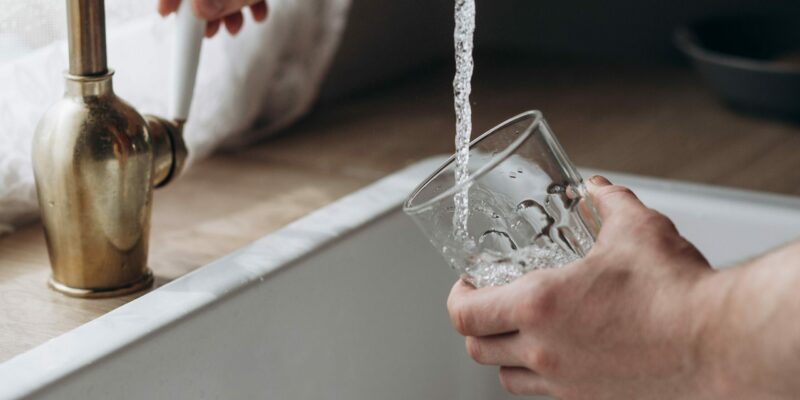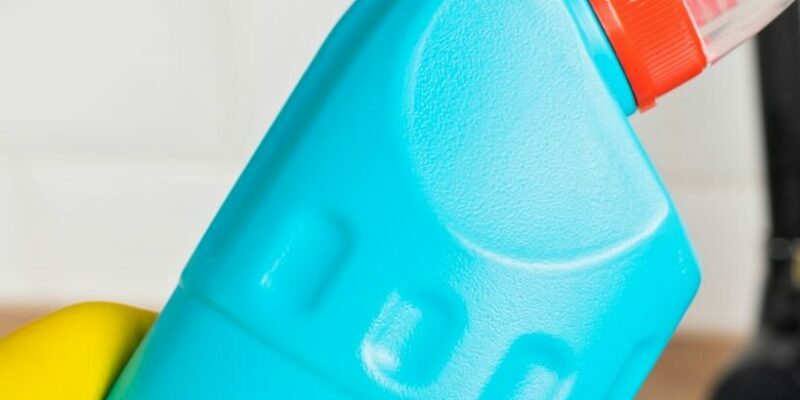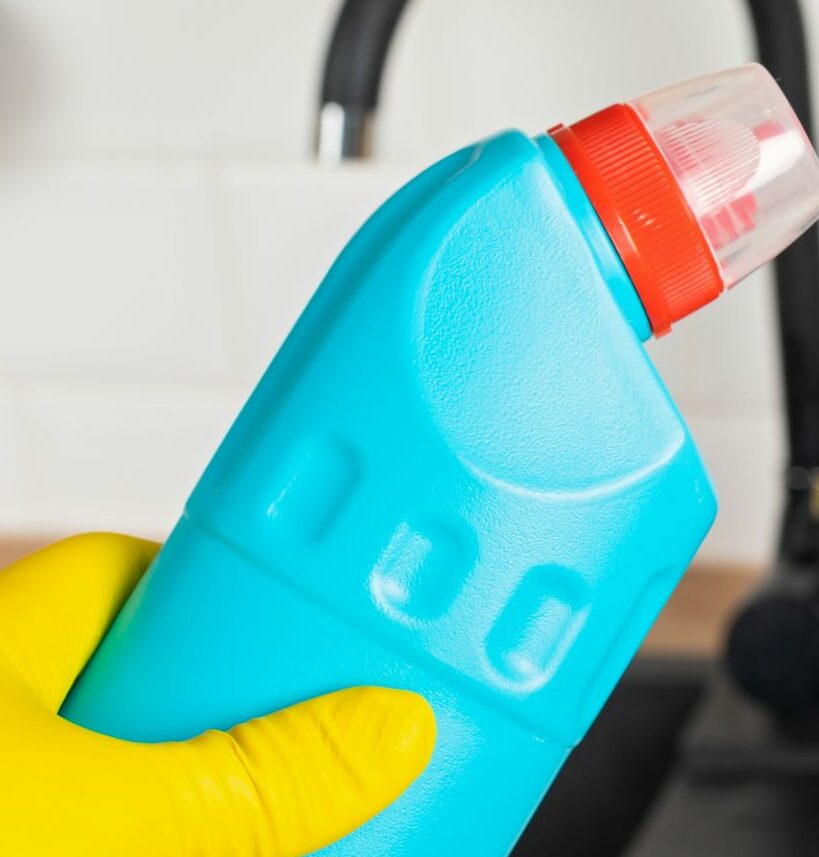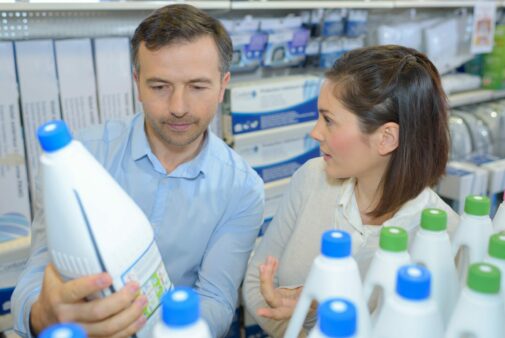Key Points/Overview
Chlorine is generally produced from ordinary salt. The chlorine production process is efficient: hydrogen, a byproduct of production process, is used as an energy source in many manufacturing facilities; and sodium hydroxide, another byproduct, is used to manufacture many consumer and industrial products.
Chlorine chemistry helps keep drinking water and swimming pools safe, and is used to manufacture household chlorine bleach, which can whiten and disinfect clothes and disinfect kitchen and bathroom surfaces.
Chlorine chemistry is used in the manufacture of numerous products ranging from contact lenses, air conditioning refrigerants and solar panels, to bullet-resistant vests, energy-efficient windows, paint and prosthetics.
Mixing chlorine bleach with ammonia or acids can be harmful to your health. If you become exposed to harmful vapors, immediately remove yourself from the vicinity to fresh air and seek emergency medical attention. Poison Control (1-800-222-1222) can provide advice on handling the after-effects of exposure to harmful vapors.
Uses & Benefits
Chlorine chemistry helps keep families healthy and improves our environment:

Water
Chlorine chemistry helps keep drinking water and swimming pools safe. Before cities began routinely treating drinking water with chlorine-based disinfectants, thousands died every year from waterborne diseases such as cholera, typhoid fever, dysentery and hepatitis A. Chlorine-based pool and spa disinfectants such as dichlor1 and trichlor2 help keep recreational waters safe by destroying waterborne pathogens that can result in illnesses, such as diarrhea, swimmer’s ear or skin rashes, including athlete’s foot.

Household Disinfectant
Chlorine chemistry is used to manufacture household chlorine bleach, which can whiten and disinfect clothes and disinfect kitchen and bathroom surfaces. Diluted bleach and water solutions are especially effective at killing germs that may be found on household surfaces that make people sick, including the norovirus (also known as the “stomach bug”) and seasonal flu.

Food
Chlorine chemistry helps provide safe and abundant food by protecting crops from pests and keeping kitchen counters and other food-contact surfaces disinfected, destroying E. coli, salmonella and a host of other foodborne germs.

Healthcare
Chlorine chemistry is critical to manufacturing medicines we depend on, including some that can help lower cholesterol, control arthritis pain and relieve allergy symptoms. The products of chlorine chemistry can also be found in blood bags, medical devices and surgical stitches. Chlorine chemistry is also used to manufacture contact lenses, safety glasses and respiratory inhalers.

Energy and Environment
Chlorine chemistry plays an important role in harnessing solar energy, purifying the silicon in grains of sand and helping transform them into solar panel chips. Wind turbine blades made from chlorine-based epoxy resins help convert wind power into electricity.

Advanced Technology
Chlorine chemistry is used to manufacture fast processors that power smart phones, tablets, and computers. Chlorine chemistry is also used to manufacture residential and commercial air conditioning refrigerants, hybrid car batteries and high-performance magnets.

Building and Construction
Plastic foam insulation, manufactured using chlorine chemistry, can increase the energy efficiency of home heating and air-conditioning systems, reduce energy bills and help conserve natural resources. Energy-efficient vinyl windows can reduce heating and cooling costs and GHG emissions. Research indicates manufacturing vinyl windows requires approximately one-third of the energy needed to manufacture aluminum windows. And chlorine chemistry can even contribute to the beauty of every room in your home, as it is used to help manufacture durable paints.

Defense and Law Enforcement
Chlorine chemistry is used to manufacture bullet-resistant vests worn by soldiers and police officers. Chlorine chemistry is also used to produce parachutes and night vision goggles as well as cockpit canopies and missile guidance technologies.

Transportation
Chlorine chemistry is used on planes, trains, automobiles, and boats, in the manufacture of seat cushions, bumpers, brake fluid and airbags that help keep passengers safe and comfortable. Chlorine chemistry is also used to manufacture shatter-resistant windows, wire and cable, steel hulls, and navigation systems.

Safety Information
Chlorine chemistry helps families lead safer, more convenient, more comfortable lives.
Chlorine is one of approximately 100 natural chemical elements, and naturally occurring chlorine compounds are found all over the world. Due to its chemical reactivity, chlorine is rarely present in nature by itself as elemental chlorine, and typically exists bonded to other elements in the form of chemical compounds such as sodium chloride (table salt).
Chlorine is not sold as a consumer product itself, but is used to manufacture consumer and industrial products, and may or may not be present in the finished consumer product. For example, titanium metal, used for everything from bicycles to artificial knee replacements, is purified using chlorine chemistry. Swimming pools use chlorine-based disinfectants, and chlorine is also essential in the manufacture of vinyl, which has an array of consumer and industrial applications.
Pool Chemical Safety
When used properly, chlorine-based disinfectants help protect swimmers from bacteria and other germs that can cause problems like swimmer’s ear or diarrhea. According to the Centers for Disease Control and Prevention (CDC), chlorine and pH are the first line of defense against germs that can make swimmers sick.
Basic safety tips for people who use pool chemicals include: wear protective gear; store chemicals in ventilated areas; do not store liquids – which can leak – directly above dry chemicals; and do not accidentally mix chemicals with each other or water. This pool chemical safety video contains important tips for handling and storing pool chemicals.
Chlorine Bleach Safety
When handled properly, according to manufacturers’ directions, chlorine bleach is not only safe, but it also helps keep people healthy by killing harmful germs on surfaces. However, when chlorine bleach is misused – for example, mixed with ammonia or acids – the result can be harmful to your health. Mixing chlorine bleach and ammonia generates toxic vapors. If you accidentally become exposed to fumes from mixing bleach and ammonia, immediately remove yourself from the vicinity to fresh air and seek emergency medical attention. The vapors can attack your eyes and mucous membranes, but the biggest threat comes from inhaling the gases. Call 911 for emergency help. If you don’t need emergency assistance, call Poison Control (1-800-222-1222) for advice on handling the after-effects of exposure and cleaning up the chemicals.


